Original 12 volt extension cord Suppliers and Manufacturers, We provide customers with a variety of 12V external cables, our products are widely used in monitoring, power supply, LED and other fields.
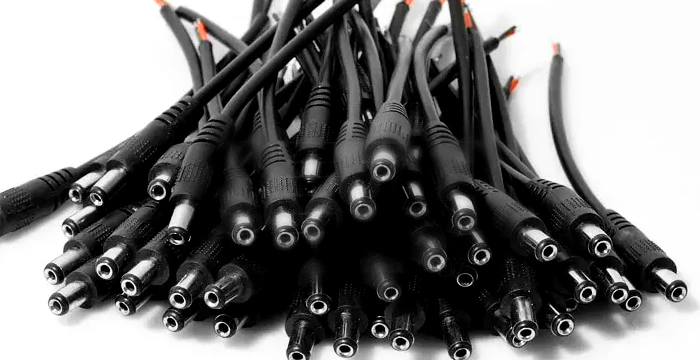






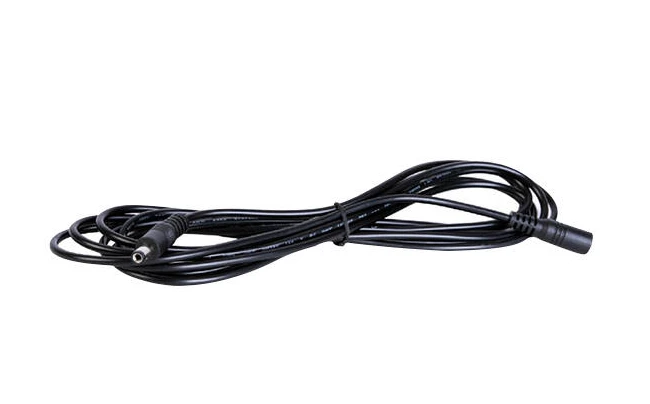
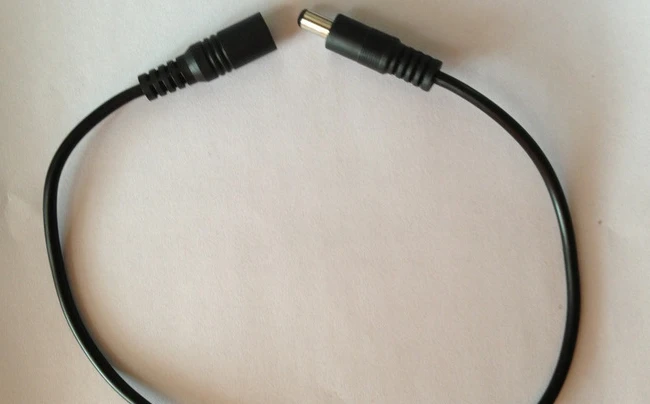
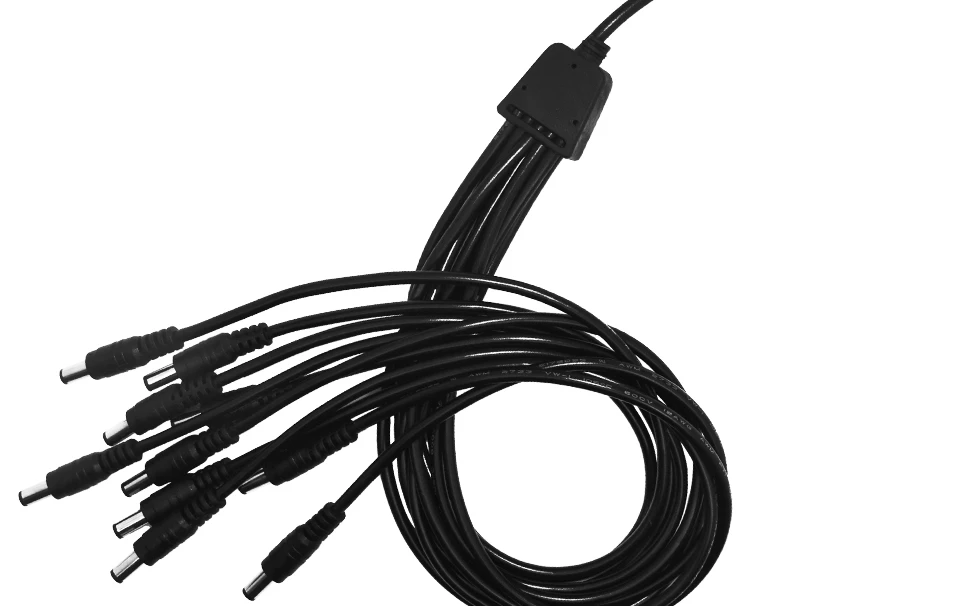
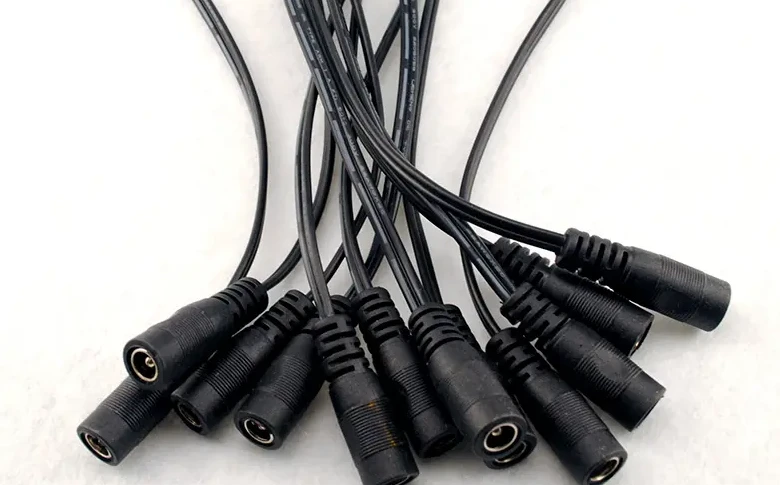
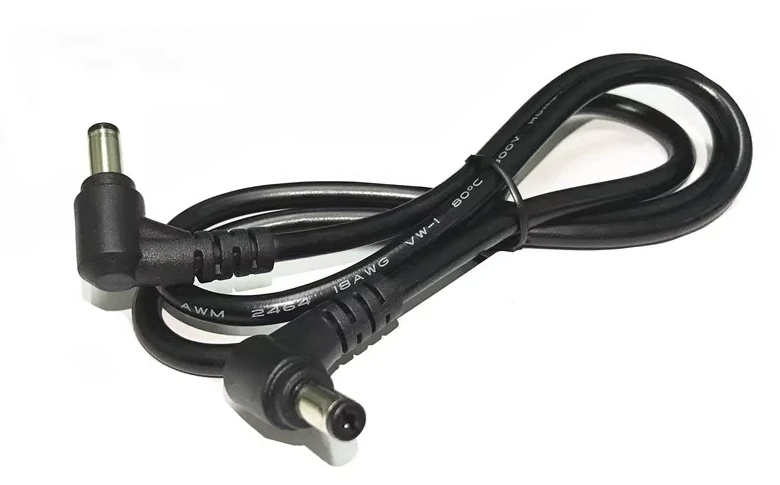
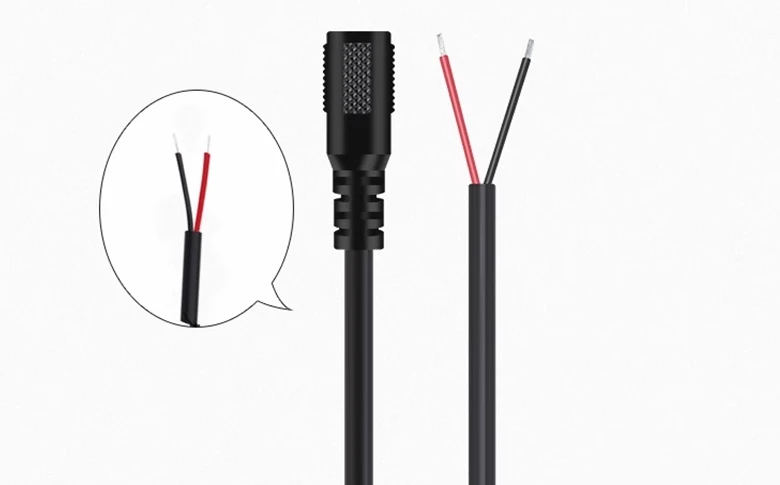
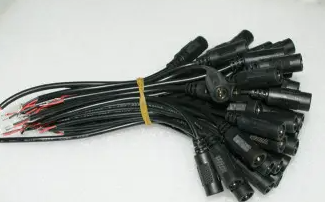
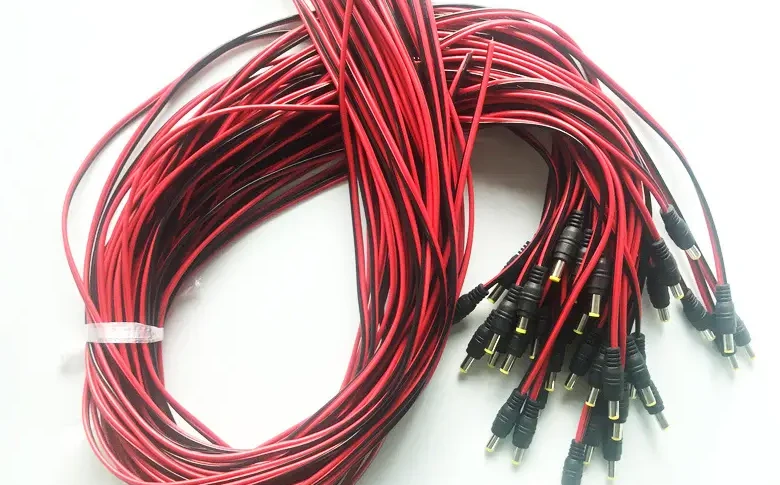
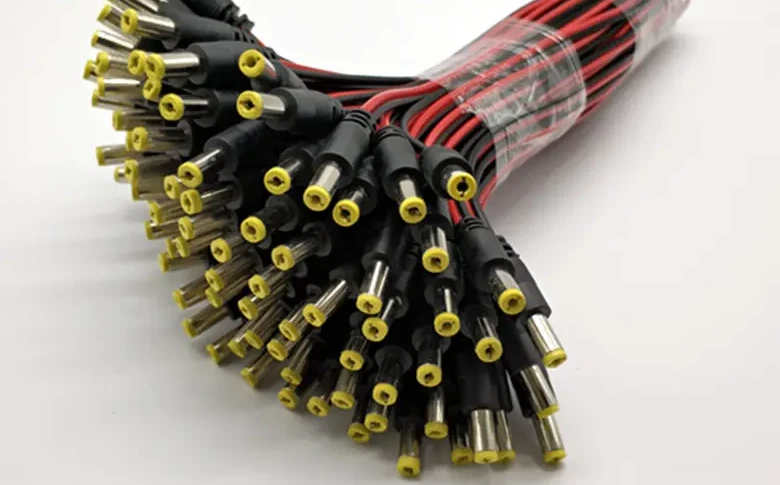
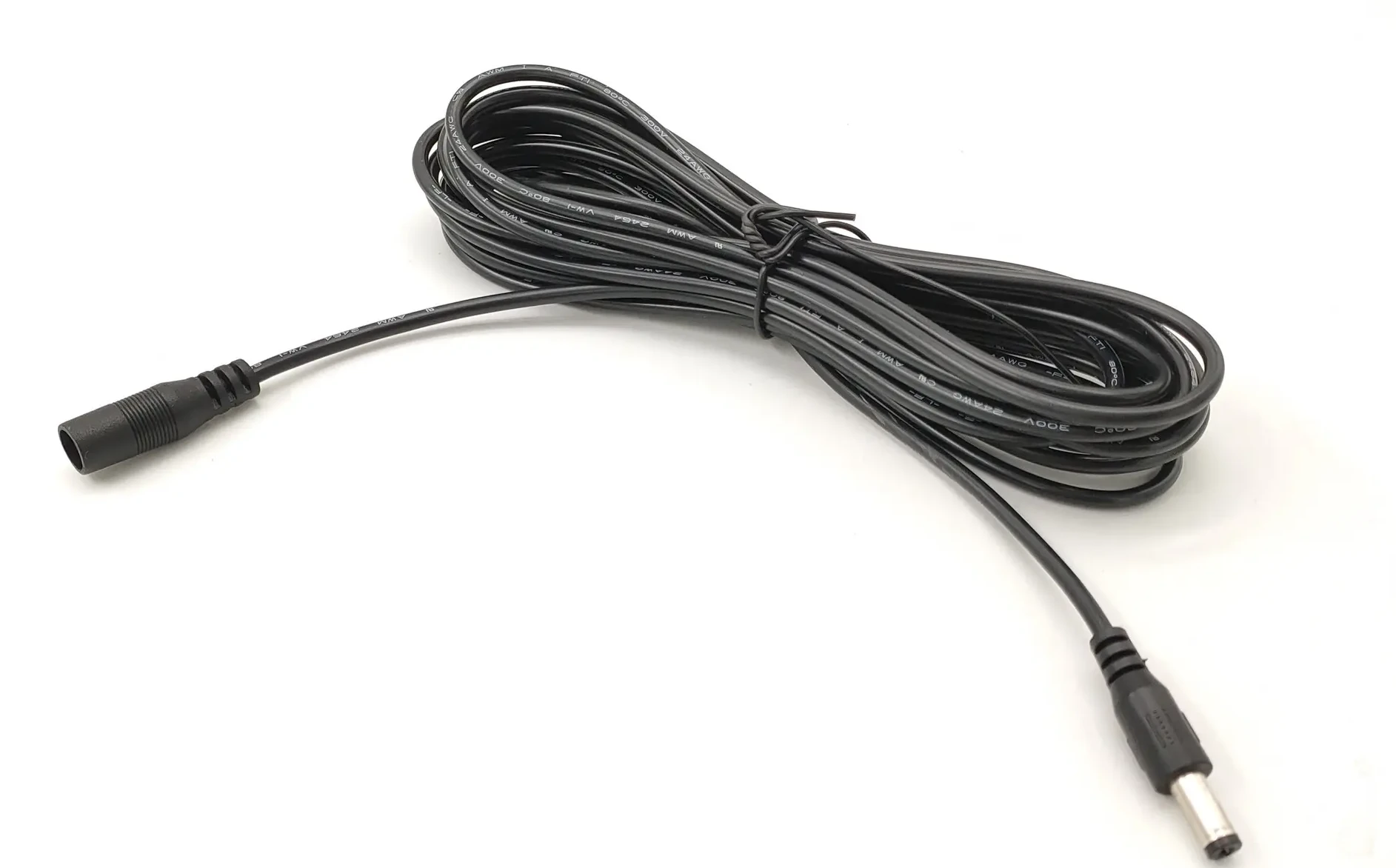
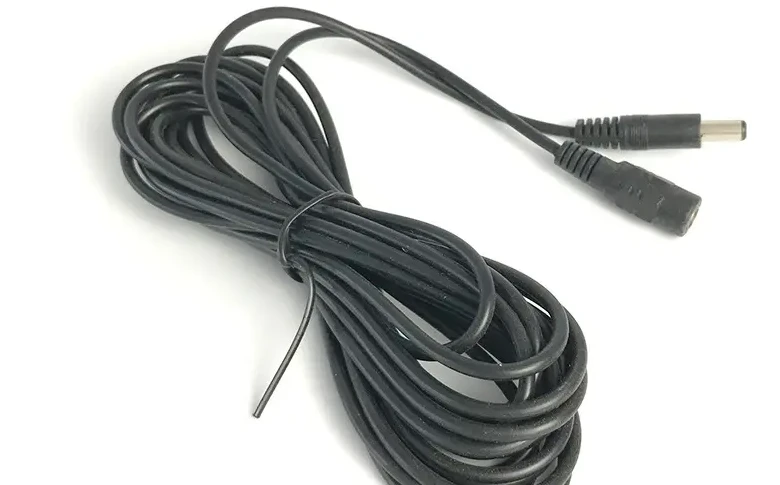
DC power supply 12V male to female power cable 5.5X2.1mm male to female cable
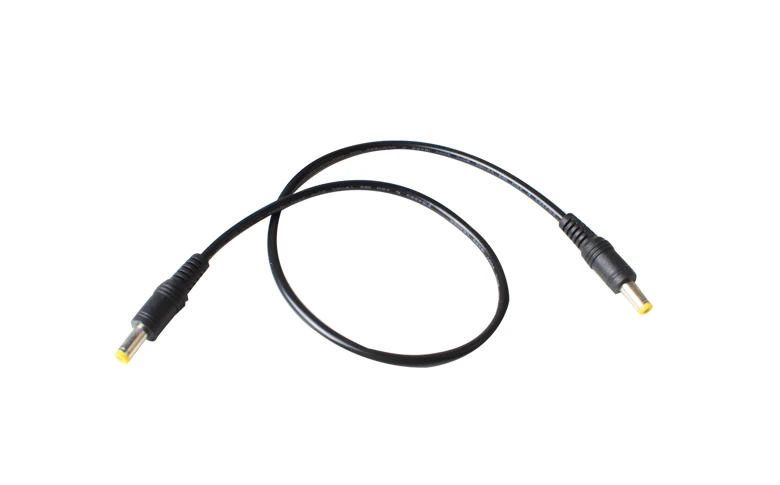
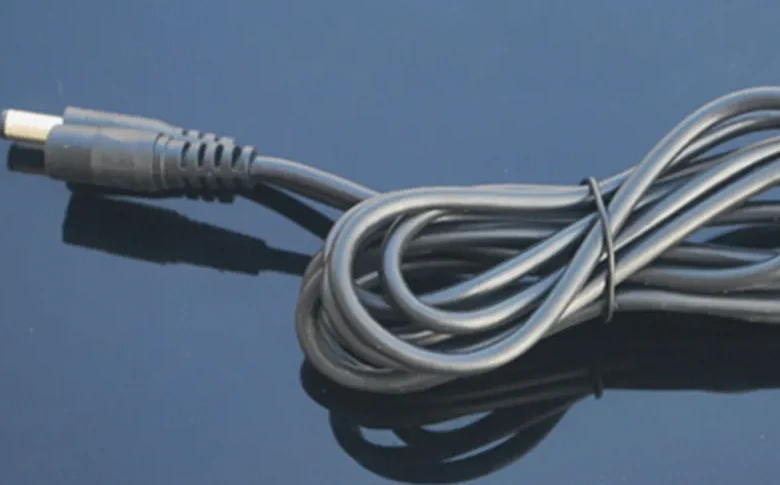
| 12 Volt Extension Cord ltem Name | 12 Volt Extension Cord Values |
|---|---|
| 12 Volt Extension Cord Color | White, Red, Black, Green, Transparent, etc. (Support Customization)) |
| 12 Volt Extension Cord Gauge | 22AWG(Support Customization) |
| 12 Volt Extension Cord Voltage | 12V |
| Waterproof Rate | IP67 |
| Inside diameter | 2.1mm (Support Customization) |
| Outside Diameter | 5.5mm (Support Customization) |
| Conductor Material | Copper, Tinned copper |
| Insulation Material | PVC |
| Max current | 0-12A(Based on customer's needs) |
| Rated Temperature | -40-80°C |
| Cable Length | Custom for your projects |
| Certification | Rohs |
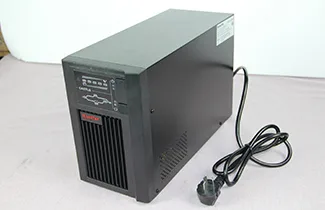

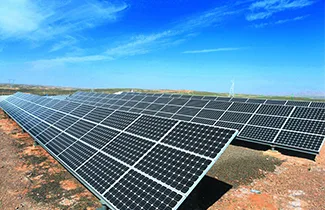

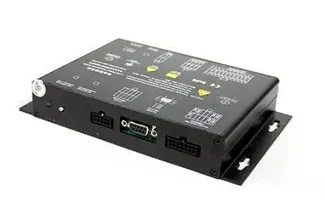
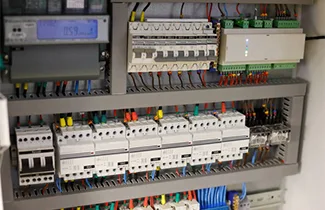
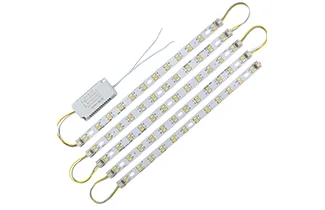
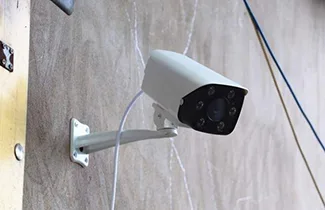
Security Industry

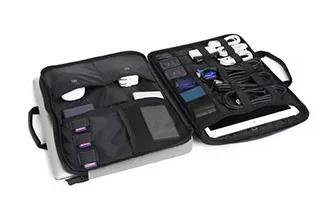
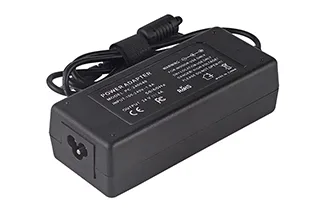
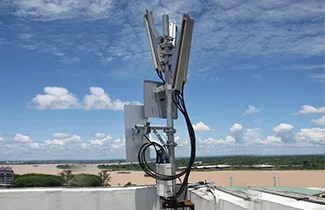
Generally speaking, a 12-volt extension cord refers to a cable that can power or charge 12-volt devices, even though the devices are far away from the socket (sometimes referred to as a cigarette lighter socket).
Metal wires have excellent performance in power transmission, and extension cords are mostly metal wires. To keep you safe and prevent damage to wires, those wires are wrapped with a protective coating, such as rubber or plastic.
When you are traveling outside, 12V extension cable cords come in quite handy. You can plug in a mini-fridge, GPS, or even your phone charger in your automobile. In other cases, boats love them too – power up your fish finder, radio, or lights with ease. They’re also practical for running small apps and charging electronics while you’re camping in an RV.
Anyway, a 12-volt power cord extension cord is a must-have item for users who want to charge 12-volt devices. When power is not nearby, those cords offer flexibility and convenience.
On one end, there is a male connector (often a plug). This 12V power extension cable can be connected to any 12-volt power source, such as an RV power outlet, or your car’s cigarette lighter.
Wires inside the cord carry the power from the car or battery to the other end. That end has a small plug hole (a female socket) where you can plug in your phone charger, cooler, or other 12-volt devices.
Once you plug everything in, the power flows through the cord to your device. It’s like a little power highway! These cords are pretty tough and can be used in most situations, but it’s always good to pick the right one for the project.
Extension cords come in different strengths for different jobs. You’ve got the light-duty ones for your lamps and radios, regular ones for most stuff around the house, and then the heavy-duty champs for powering up your power tools.
When talking about a 12-volt extension cord, generally it is considered as light-duty, because:
Most 12-volt cords are pretty basic. If you take certain aspects into account, some can manage more power than others.
For your information, there are some terms you should know in this situation:
Many people take “12-Volt extension cable” and “12-Volt DC extension cable” as the same thing. Instead, they are different slightly. Generally speaking, any wire that uses 12 volts can be called a 12-olt extension cord. It may be AC power (in some rare cases) or DC power (in cars).
On the other hand, the 12-volt DC extension cable is specially designed for a one-way flow of power, such as power from batteries or cars. It is different from the standard alternating current plugged into the wall. Therefore, if you see terms like 12V DC extension table, 12V DC extension cord, 12 DC power extension cable, etc., they are all for DC power.
When selecting a 12-volt extension cord, take the following factors into consideration:
As long as you take the aspects above into consideration, you can then find the right 12-volt power cord extension that meets your requirements.
When you plan to select a 12-volt extension cord, safety should be the first thing you should consider. Buy one that is built to last and won’t cause any problems. And there are some important safety features to keep an eye out for:
When choosing the right gauge for a 12V extension cord, the wire thickness is of great importance. To get the right answer, you should know how far the power has to be extended. As mentioned before, thicker wires can handle more power without getting hot. Thus, they’re usually better for longer distances.
Step 1: Understand how much power you’re plugging in will use.
Step 2: Calculate the amperage by Amperage = Wattage / Voltage (12 volts).
Step 3: Consider the cord length. Longer cords experience more voltage drop, so a thicker gauge might be necessary.
Step 4: Look up a wire gauge chart online. Then you can get the right thickness.
Sure, you can definitely use a cord continuously. As long as it’s designed for that kind of use and then you can use it with confidence. At the same time. please consider the following aspects when using it for a long time:
12 Volt Extension Cord for Your Project? We Are Ready to Support You.
As a renowned cable harness solution provider giant VOCSON can ensure that your project is leading the industry, Choose us to provide wire harness products, and OEM or ODM services for you.